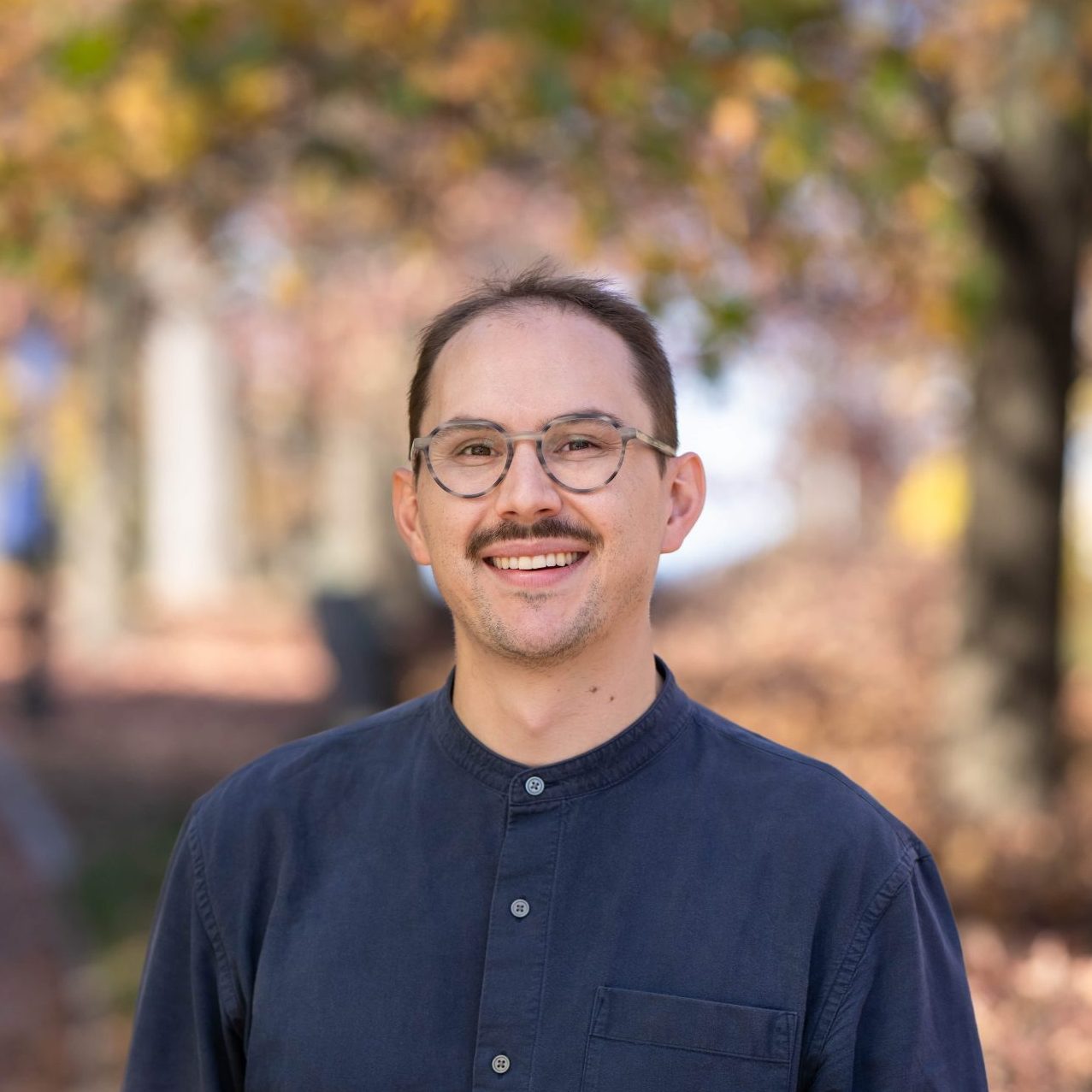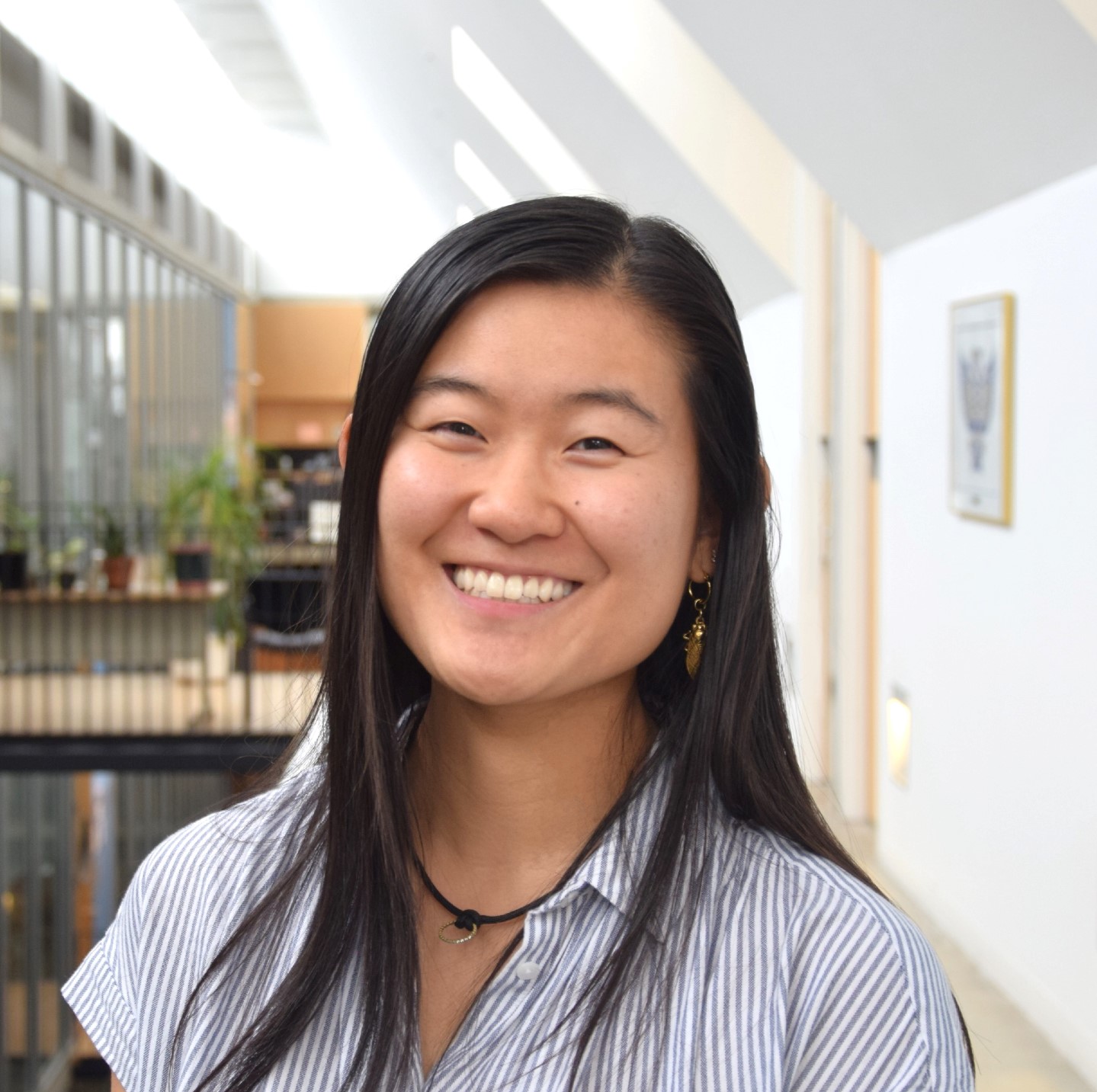November 28 2024: IRES Faculty Seminar with Dr. Terry Sunderland
The right to food? Conservation, access, and food security
Location: Henry Angus Room 347 (2053 Main Mall)
No food or drinks allowed in our seminar.
Time: 12:30pm to 1:20pm
View Recording.
Talk summary:
The current paradigm of biodiversity conservation, as exemplified by the recent 30 x 30 commitments, has resulted in the separation of humans and nature at the expense of both biological and cultural–linguistic diversity. The continued annexation of land for the cause of conservation has resulted in the curtailment of both rights and access to wild and diverse food sources for many rural communities. Indigenous Peoples and local communities (IPLC’s) are fundamental to conserving biodiversity through sustainable use of nature despite repeated attempts to dispossess them from their lands, cultures and knowledge. It has been this traditional and land-based knowledge that has contributed to the conservation of biodiversity whilst also supporting healthy, diverse and nutritious diets. If we are to achieve a more just and sustainable future, we need to continue to center conservation initiatives around rights, access and equity whilst respecting a plurality of perspectives, worldviews and knowledge systems. Here, alternative approaches are presented that help reconcile the right to food with biodiversity conservation, such as biocultural rights, rights-based approaches and integrated land management schemes, with the aim of identifying optimal ways forward for conservation that break away from the dichotomous view that pits people against nature and instead embrace the importance of this symbiotic relationship.

Bio:
Terry Sunderland is Professor of Tropical Forestry at the Faculty of Forestry at the University of British Columbia. He has spent many years working in the tropics, primarily West/Central Africa and SE Asia with the Centre for International Forestry Research (CIFOR). His work focuses on sustainable landscape management, livelihoods and food security. He holds a Master’s degree in forestry from the University of Oxford and a PhD from University College, London.
Xander Huggins

Bio
Bio
Xander is a Killam, NSERC, and Canadian Space Agency Postdoctoral Fellow at IRES working with Mark Johnson. He is also a Postdoctoral Research Associate at the High Meadows Environmental Institute at Princeton University where he works with Simon Levin.
Broadly, his work couples geospatial data science methods with social-ecological system frameworks and focuses on global groundwater science and sustainability topics. His research aims to foreground groundwater sustainability as a transformative process that can underpin broader goals of social well-being, ecological integrity, social and environmental justice, and Earth system stability.
During his PhD at the University of Victoria and the Global Institute for Water Security, he developed the conceptual framing of groundwater-connected systems to center and better represent social-ecological system interactions with groundwater. Global-scale applications of the framing developed new landscape classes of groundwater systems, highlighted the role of groundwater in ecosystem protection, and identified global hotspots of freshwater change.
At IRES, Xander is primarily working to evaluate the resilience of groundwater-dependent ecosystems to trends in groundwater storage across land use and policy contexts at the global scale. He also co-leads an international research collective on large-scale freshwater resilience.
Featured publications
Huggins, X., Gleeson, T., Villholth, K. et al. Groundwaterscapes: A global classification and mapping of groundwater’s large-scale socioeconomic, ecological, and Earth system functions. Water Resources Research (2024 – in press).
Rohde, M.M., Albano, C.M., Huggins, X. et al. Groundwater-dependent ecosystem map exposes global dryland protection needs. Nature 632, 101–107 (2024). https://doi.org/10.1038/s41586-024-07702-8
Huggins, X., Gleeson, T., Serrano, D. et al. Overlooked risks and opportunities in groundwatersheds of the world’s protected areas. Nature Sustainability 6, 855–864 (2023). https://doi.org/10.1038/s41893-023-01086-9
Huggins, X., Gleeson, T., Castilla-Rho, J., et al. Groundwater Connections and Sustainability in Social-Ecological Systems. Groundwater 61, 463-478 (2023). https://doi.org/10.1111/gwat.13305
Chloë Chang

Chloë Chang
MSc Student
Contact Details
cchang54 [at] student [dot] ubc [dot] ca
Bio
Chloë Chang (she/her/elle) is in the IRES MSc program in the Three E’s Lab, supervised by Dr. Joséphine Gantois. Chloë completed a BSc honours in Wildlife Biology and Conservation with a minor in Agriculture at the University of Guelph. After working and researching within wildlife conservation and ecology, as well as diverse agricultural production systems, Chloë is passionate about aligning these two disciplines. Chloë’s research at IRES explores how farmers’ field management decisions may be impacted by profit-mapping, a precision agriculture innovation. In her free time, Chloë is a board member for the Jane Goodall Institute of Canada, an avid forager/naturalist, and artist.
November 21, 2024: IRES Professional Development Seminar with Dr. Karl Zimmermann
A Recipe for Safe Water : Information + Ownership + Resources
Location: Beaty Museum Allan Yap Theatre (Basement, 2212 Main Mall). Please check in at front desk on main floor before going downstairs.
No food or drinks allowed in the Beaty Museum.
Time: 12:30pm to 1:20pm
View Recording.
Talk summary:
Community-level organizations and international actors alike support a Partnership Approach to accelerate progress towards SDG6. A Water Partnerships approach facilitates involvement from stakeholders including households, village leaders, teachers, NGOs, and water committees. This presentation shares recommendations from 400 water leaders on four continents to inform a partnership approach: who are the important stakeholders, what are their roles and what tools enable participation by all? Specifically, we share a three-step process to empower participation in water management: 1. Awareness of water contaminants and their connection to health, 2. Education of the options, and 3. Resources for water action. These lessons will inform future safely managed water solutions.

Bio:
Dr. Karl Zimmermann is a water researcher and water lover. As part of his PhD studies at the University of British Columbia (Vancouver, Canada), Zimmermann began with research on biological ion exchange drinking water filters before wading into the WASH sector. His Tools for Water Partnerships study learned from water leaders on five continents about what, in addition to innovative technologies themselves, are important for the long-term success of drinking water and sanitation solutions. Karl now works as a Water Treatment Engineer with WSP Canada in Vancouver.